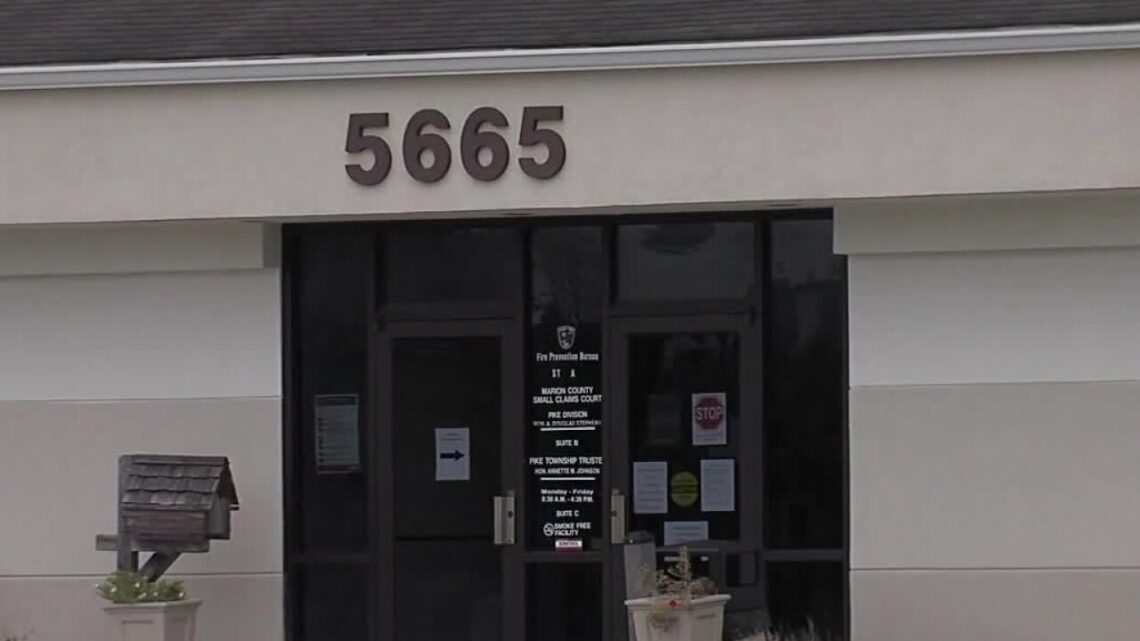A budget dispute in Pike Township has escalated after the Indiana Department of Local Government Finance (DLGF) formally declined to recognize the Pike Township Board’s self-adopted revisions to the 2026 township budget, according to documents reviewed by Indy Politics.
The Board had passed an additional “2026 Pike Township Budget Revision” in late October, a document that attempted to modify personnel appropriations and add new benefits for Board members, including health insurance and participation in the Public Employees’ Retirement Fund (PERF). However, those revisions were not submitted through the state-required Gateway system, rendering them invalid under Indiana law.
In a series of emails sent on November 24–25, Pike Township’s outside accountant, Beth Marsh of Bookkeeping Plus, informed Board members and Township Trustee Annette Johnson that DLGF would not accept the revised budget because it was submitted improperly.
“DLGF only recognizes submissions made through the Gateway format,” Marsh wrote. “Separate approvals are not accepted.”
As a result, the revised budget has no legal effect and was not incorporated into the township’s certified budget.
DLGF has instead accepted only the officially adopted October 21, 2025 budget resolution — the version signed at the Board’s public meeting and properly uploaded into the Gateway system. That document does not include the additional compensation, insurance, or PERF provisions the Board attempted to add.
The accountant also noted that the Board’s self-created revisions exceeded the amount advertised for the township’s personnel category, meaning any change of that size would require an additional appropriation. Under Indiana law, such appropriations cannot begin until after February 15 and must include public notice, a hearing, and final DLGF approval.
The Board’s attempt to add PERF benefits for its members is further complicated by recent written guidance from the Indiana Public Retirement System (INPRS), which clarified that elected township board members are not eligible for PERF unless a governing ordinance expressly authorizes their participation and the members satisfy statutory employment-hour requirements.
The Pike Township Board has not adopted such an ordinance, and township board members do not meet the 1,000-hour threshold for covered employment.
The rejection by DLGF leaves Pike Township operating under the original 2026 budget. It also signals heightened scrutiny of fiscal activity in a township already facing multiple legal disputes and governance challenges.
Township officials have not yet announced whether they plan to revisit the issue during the 2026 budget cycle or pursue an additional appropriation next year.
Indy Politics will continue to follow developments in this story as they unfold.











